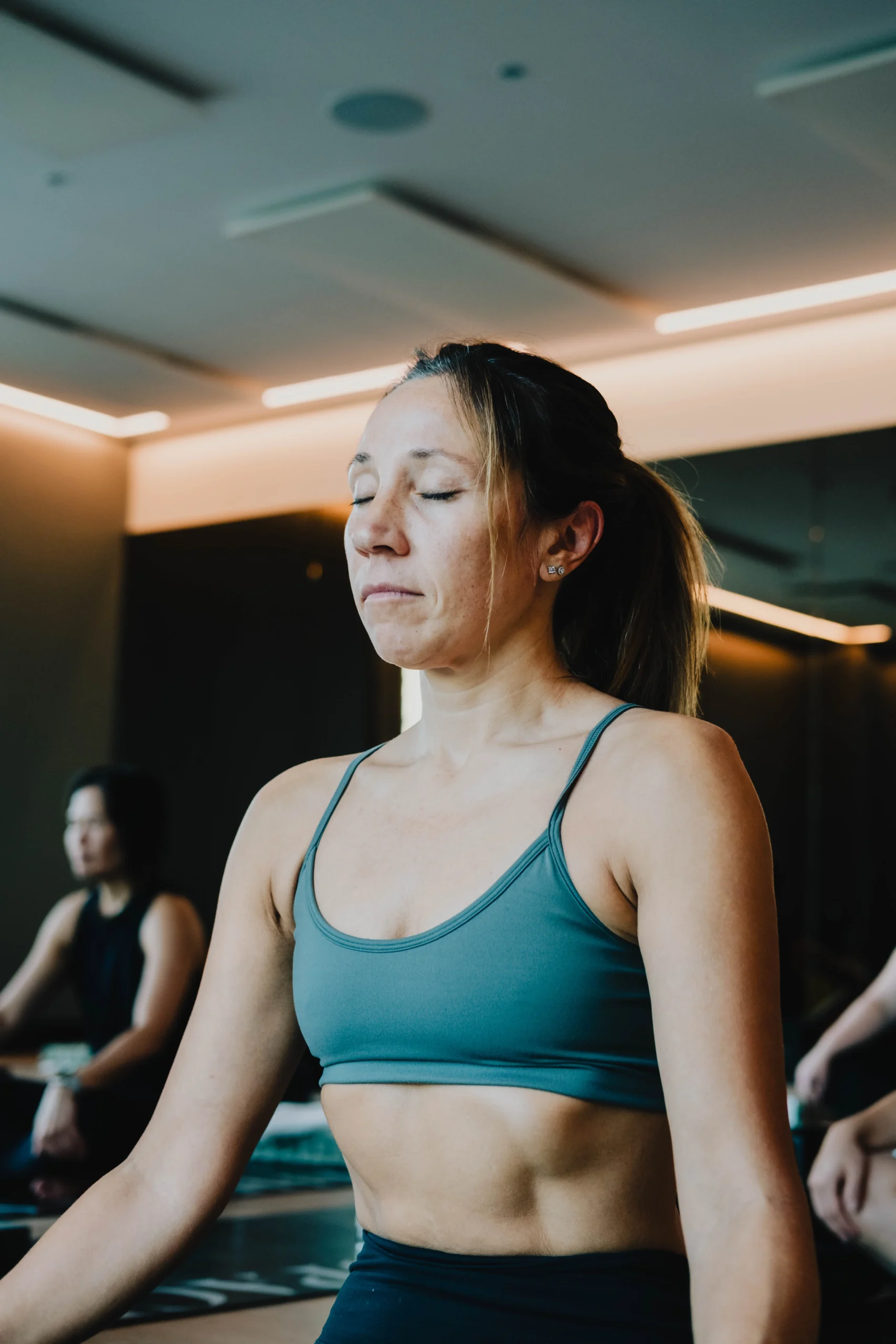- Linkedin Share
- Twitter Tweet
- Email Share
- Copy link Copy link Copied to clipboard
Britain is currently facing a widespread insomnia epidemic. We are so focussed on excelling in work and socialising, that we have little opportunity to unwind and relax. As a result, we have trouble sleeping, and our health is suffering.
According to a recent survey, the average Londoner sleeps a whole hour less than the recommended eight hours. We reveal the science-backed solutions that can help you finally overcome your sleep problems and achieve restful nights.
Establish a Consistent Sleep Schedule
One of the most important factors in achieving better sleep is establishing a consistent sleep routine and schedule. Our bodies have internal clocks, known as circadian rhythms, that regulate our sleep-wake cycles.
This means by maintaining a regular sleep routine our bodies adapt to a predictable pattern. This makes it easier to fall asleep and wake up naturally. Going to bed at the same time and waking up at the same time every day helps synchronise your internal clock. Having a consistent schedule ensures that you will get enough sleep each night.
Creating a routine before bed can also signal to your body that it’s time to sleep. This could include relaxation techniques such as reading a book, deep breathing exercises or taking a bath. Try to reduce the amount of blue light exposure from watching tv or scrolling on your phone. This can interfere with your body’s melatonin production, which is a hormone that regulates sleep.
Aim for 7-9 hours of sleep, as individual needs can vary. Set your wake-up time and work backwards to calculate what time you need to go to bed. From there you can plan your sleep routine so you wake up feeling refreshed and ready to take on the world.
Create a Sleep-Friendly Environment
Your sleep environment plays a significant role in the quality of your rest. Designing a sleep-friendly space can promote relaxation and signal your body that it’s time to sleep. Here are some tips to create an optimal sleep environment.
Keep it dark
Use blackout curtains or an eye mask to block out any sources of light that could disrupt your sleep. Darkness helps stimulate melatonin production and enhances sleep quality.
Maintain Comfortable Temperature
The ideal bedroom temperature to ensure a good night’s sleep is typically between 15-20 degrees Celsius. Adjust your thermostat or use bedding that allows you to regulate your body temperature.
Reduce Noise
Try and reduce as much noise as possible, the quieter the better. If noise is an issue, consider using earplugs or white noise to drown out disruptive sounds. White noise can create a consistent and calming background sound, making it easier to fall asleep faster and stay asleep.
Invest in a Comfortable Mattress and Pillows
To improve your sleep, it’s important for you to feel comfortable throughout your rest period. A supportive mattress and pillows that suit your sleeping preferences can drastically improve your quality of sleep. This helps reduce tossing and turning in your sleep, leaving you feeling tired and even aching when you wake up.
Mind Your Diet and Exercise
What you eat and how physically active you are can significantly impact your sleep. Be mindful of your nutrition and exercise habits to promote better sleep.
Watch Your Caffeine Intake
Avoid consuming caffeine or other stimulants close to bedtime, as they can disrupt your natural sleep patterns. Consider opting for alternatives such as herbal tea or warm milk.
Limit Large Meals and Alcohol
Avoid alcohol and eating a large meal two to four hours before bed, as this can cause discomfort and poor sleep.
Regular Exercise
Engaging in regular physical activity can improve your natural sleeping pattern. Avoid intense exercise before you start your sleep routine as this can interfere with your ability to relax. If you enjoy a late session, try to finish your workout at least an hour and 30 minutes before bed.
To Wrap Up
It can take some time to see improvements to your sleep, but take these three tips onboard and start from tonight. Feeling good is at the heart of making this shift, and every small change you make means for better, more refreshing sleep. The benefits are totally worth it.




